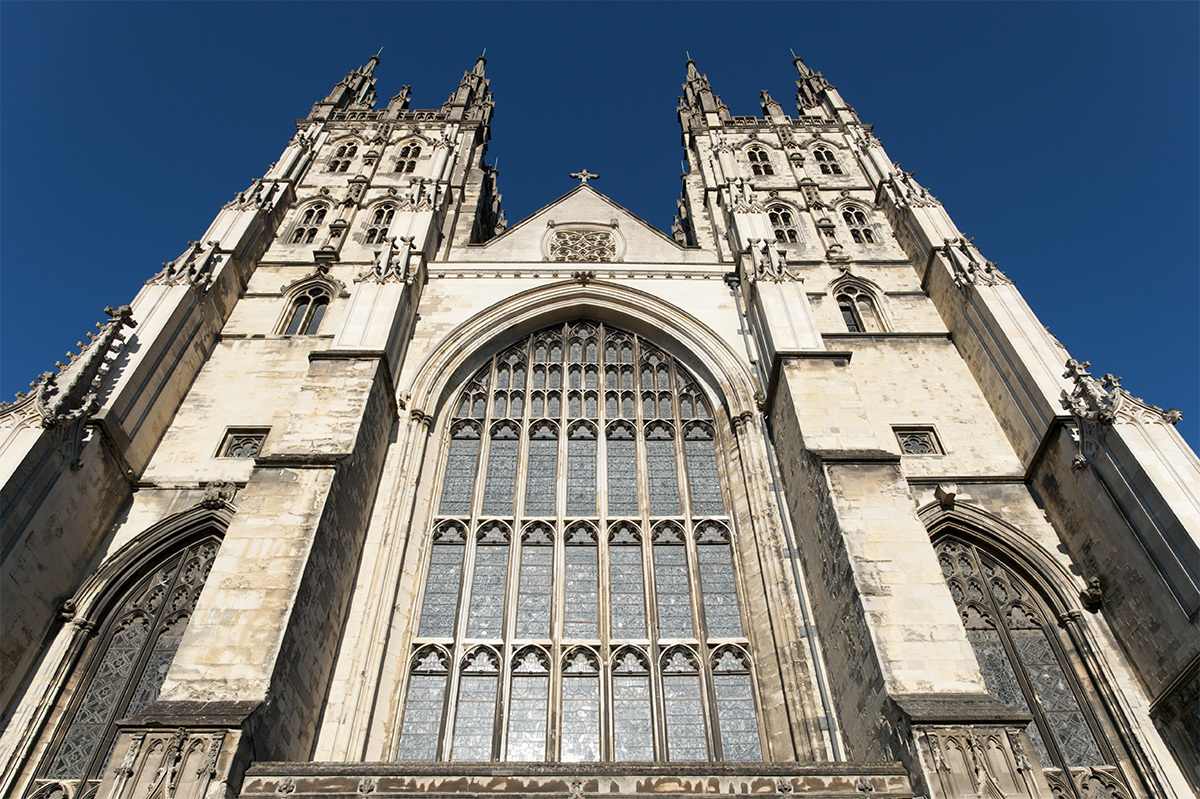
A fresh perspective on biblical interpretations has emerged from an Anglican campaign group, suggesting that the Bible supports transgender identities. This guidance challenges traditional views by asserting that “not everyone in the Bible is cisgender” and that the Scriptures “affirm trans, intersex and queer people.”
Available on the LGBT Faith UK website as part of “The Bible Affirms” series, the guidance highlights what it describes as “clear queer characters” in biblical narratives. It points to figures such as eunuchs and women in traditionally male roles within the Bible.
The document boldly claims, “The Bible affirms trans, intersex, and queer people,” beginning with the assertion: “Not everyone in the Bible is cisgender. Nor is everyone in the Bible biologically or anatomically male or female.” Eunuchs are identified as “biblical ancestors” of trans individuals, highlighting their significant presence in Scripture.
An example underscored by the guidance is found in Acts 8, where Philip the evangelist encounters an Ethiopian eunuch. The eunuch, while reading Scripture, receives the Christian message from Philip and is baptized. This is interpreted as an endorsement of acceptance, illustrating that the eunuch was welcomed into the Church without needing to conform to binary gender norms.
Traditionally, a eunuch is understood as a male servant in a royal household, often castrated for service duties. However, as noted by A. Philip Brown II, associate professor at God’s Bible School and College, the term in the biblical context does not equate to transgender identities, as discussed in a 2017 report.
The guidance acknowledges the absence of explicitly intersex characters in the Bible, yet suggests some characters might fit this description. It references Jesus’ encounter with the Samaritan woman in the Gospel of John, proposing her story as an indication of intersex identity and acceptance by Christ.
Further, the document discusses gender roles by citing Deborah, a female judge who led Israel into battle, as an example of non-traditional gender expression, described as “a very male thing for a woman to do.”
Authored by Ann Reddecliffe, this guidance is an edited extract from her book LGBTQ Welcome and does not represent the official stance of the Church of England.
LGBT Faith UK is linked to Changing Attitude, a group advocating for “radical inclusion” within the Church of England. Founded by retired Anglican priest Colin Coward, the group aims to reshape what it sees as the Church’s “patriarchal, heteronormative” culture into one that fully embraces LGBTQ identities.
The group has actively engaged with Church of England bishops through the Living in Love and Faith initiative, a process focusing on sexuality and gender issues, as reported by The Telegraph. Campaigners hope for a more “inclusive” approach from bishops before the 2023 Synod.
Currently, the Church of England’s official doctrine defines marriage as a union between “one man with one woman” and emphasizes that sexual intimacy belongs within marriage. However, in 2018, the Church adapted the Affirmation of Baptism service to include trans individuals, allowing them to publicly renew their faith, and in 2019, it recognized marriages involving trans individuals as long as they were of opposite sexes at the time of marriage.
In recent developments, Archbishop of Canterbury Justin Welby resigned in November following remarks on same-sex relationships, indicating that sexual intimacy is acceptable in “stable, committed and faithful” relationships regardless of gender. His comments sparked criticism from Evangelicals who felt he was dismissing Church doctrine.
British Catholic cleric Calvin Robinson, who moved to the Old Catholic Church citing his blocked ordination due to conservative views, has voiced concerns about similar trends affecting American Christianity. In an interview with CP, Robinson warned, “The Church of England has become very liberal in terms of divorce, sex outside marriage, same-sex relationships, transgenderism,” emphasizing the need for American Christians to uphold traditional Christian values.
This article was originally written by www.christianpost.com





